According to historical records, Le Van Duyet was one of the founding fathers of the Nguyen Dynasty. He was born in 1763, in Tra Lot dome, Hoa Khanh village, Kien Phong district, Dinh Tuong province (now Hoa Khanh commune, Cai Be district, Tien Giang province), and served Lord Nguyen Anh from 1781.
Le Van Duyet continuously made many contributions, helping Nguyen Anh quickly unify the country and establish the Nguyen Dynasty. Later, he was highly regarded by the king, appointed as the Imperial Commissioner, Commander of the Left Army of the Binh Tay General Palace, with the title of Duke (from 1802) and Governor of Gia Dinh (from 1912-1916)...
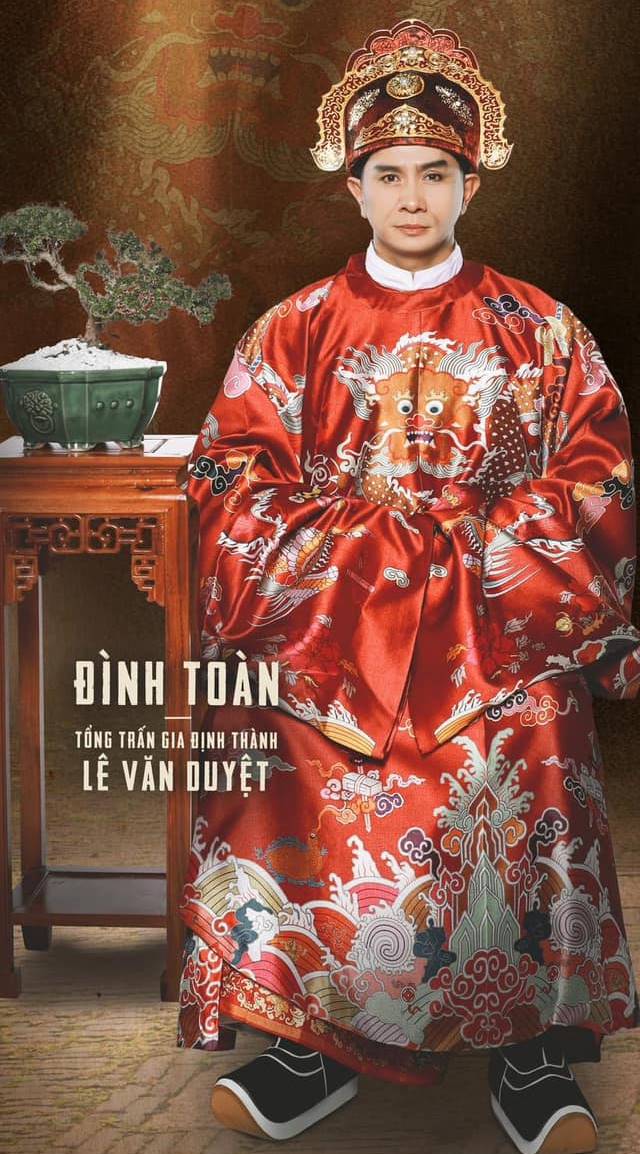
In 1820, Le Van Duyet was appointed by King Minh Mang as Governor of Gia Dinh for the second time, serving until his death in 1832. During these 12 years, he made great contributions to helping Gia Dinh become a bustling commercial center, ensuring security and order, and the Southern region developing strongly.
However, tragedy struck Le Van Duyet's family right after the founding minister of the Nguyen Dynasty passed away.
According to "Brief History of Vietnam" (Literature Publishing House, 1920), after Le Van Duyet died, King Minh Mang abolished the position of Gia Dinh Governor and divided the 5 Southern provinces into 6 provinces, re-establishing the official positions and the government and military apparatus there.
Among them, Bach Xuan Nguyen was sent by King Minh Mang to be the Bo Chinh in Phien An (Gia Dinh). Using the name of following a secret order to investigate Le Van Duyet's private affairs, Bach Xuan Nguyen demanded evidence and punished Le Van Duyet's servants. His adopted son, Le Van Khoi, was indignant and raised an army to fight against him.
Upon hearing the news, King Minh Mang was angry and sent troops to suppress them. At the same time, he blamed Le Van Duyet for "protecting the rebels, causing chaos".
On May 18, Quy Ty year (1833), Le Van Khoi led 28 rebels to storm the Bo Chinh palace and killed Bach Xuan Nghiem. Governor Nguyen Van Que, who sent troops to rescue, was also killed by the rebels.
The rebellion was bloodily suppressed but did not end. In December 1833, Le Van Khoi fell ill and died. However, it was not until 1835 that the punitive army captured Phien An citadel.
Le Van Khoi's son, who was only 6 years old at the time, along with 5 others were brought back to the capital, convicted of being the mastermind, and sentenced to slow slicing. Nearly 2,000 rebels were killed and buried together in one place, called "Ma Nguoi".
Le Van Duyet had been dead for 3 years by then, but still could not avoid being implicated. According to the book "Dai Nam Liet Truyen" (compiled by: National History Institute of Nguyen Dynasty, Thuan Hoa Publishing House, 2006), after the court suppressed Le Van Khoi's uprising, when Phan Ba Dat at Do Sat Vien submitted a petition accusing Ta Quan, Minh Mang immediately summoned the court to discuss the case.
The cabinet consisted of Ha Van Quyen, Nguyen Tri Phuong, and Hoang Quynh presenting a memorial of Le Van Duyet's crimes. After deliberation, seven crimes warranted beheading, two crimes warranted hanging, and one crime required military service.
After that, Minh Mang issued an edict that said: "Le Van Duyet's crimes are so terrible that even pulling out each hair would be impossible to tell. It's heartbreaking to tell. Even if we split open his coffin and kill his body, it would still be a worthy crime. However, considering that he has been dead for a long time and his title has been taken away, his bones are dry in the grave, there is no need to punish him in vain.
So the Governor of Gia Dinh went to his grave, dug up the mound, leveled the ground, and carved a stone stele on top, writing in large letters: “Quyen yem Le Van Duyet phuc phap xu” (This is where eunuch Le Van Duyet was punished)…”
The order was carried out, and the tomb of Le Van Duyet's parents in Long Hung (now Chau Thanh, Tien Giang) also had the title engraved on the stele removed.
According to the book "Quoc Trieu Chinh Bien Toat Yeu" (Thuan Hoa Publishing House, 1998), in the year Tan Suu (1841), King Thieu Tri ascended the throne and issued an order to pardon the relatives of Le Van Duyet and another official, Le Chat.
In 1948, during the reign of King Tu Duc, Dong Cac Grand Scholar Vo Xuan Can submitted a petition to recruit the descendants of Nguyen Van Thanh, Le Van Duyet and Le Chat. The petition moved the king, so he appointed Le Van Duyet's nephew Dien as the captain of the army.
In 1949, the temple authorities requested to baptize Le Van Duyet and return his grave area to his nephew Le Van Nien to look after. The graves of Le Van Duyet's parents in Long Thinh village were also repaired.
However, it was not until 1868 that the king officially issued an order to restore Le Van Duyet's title (as General of the Left Army), and at the same time had him worshiped in the Trung Hung Cong Than temple in Hue .
After many years of being wrongly accused and becoming a historical sinner, Le Van Duyet was finally cleared of all charges, regaining his honor and title. With his great achievements during his lifetime, temples were later built in many places, especially in the Southern region.







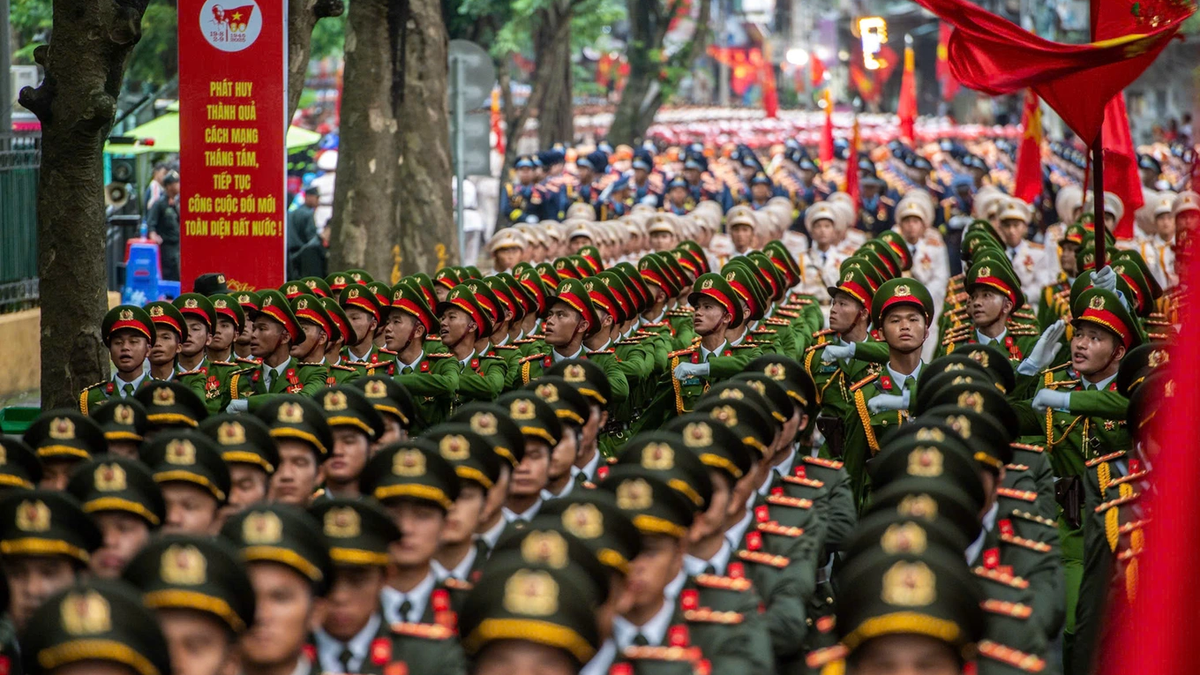
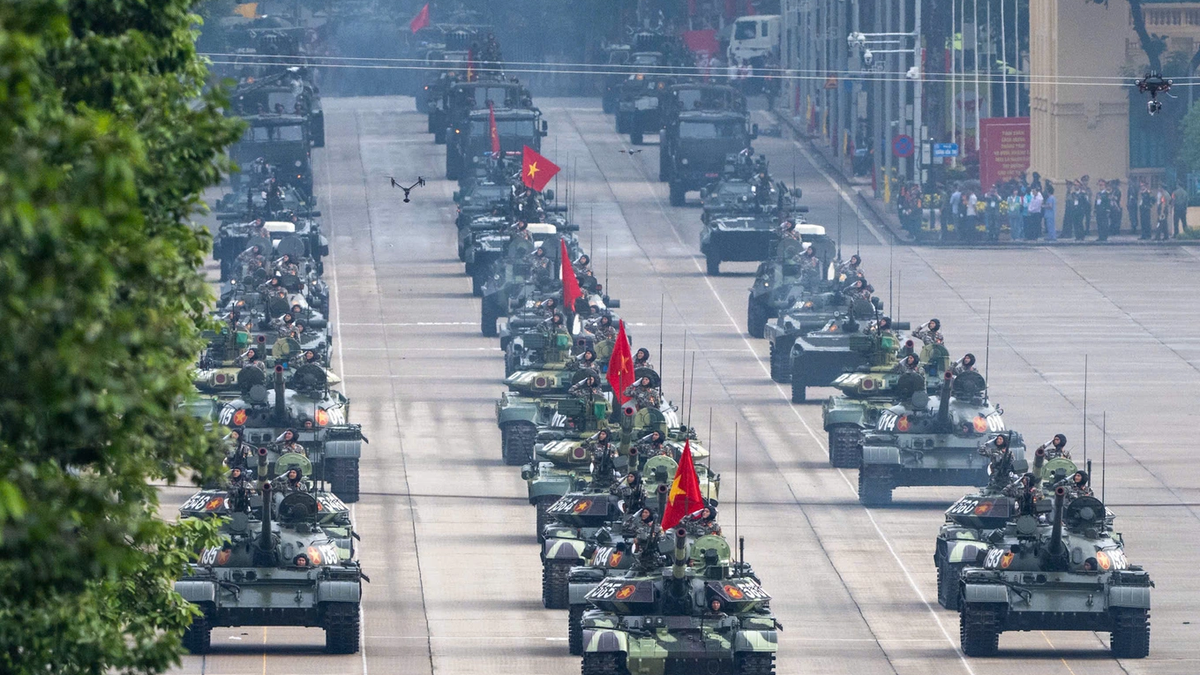
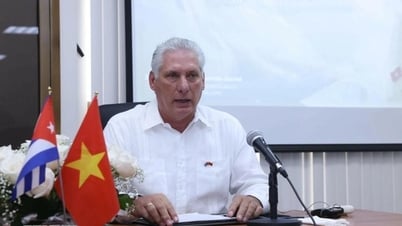




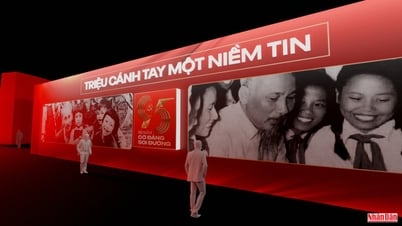






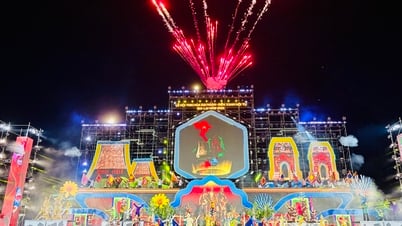
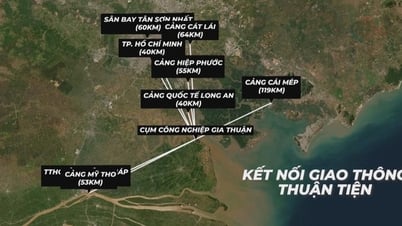

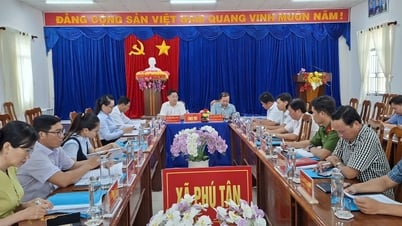
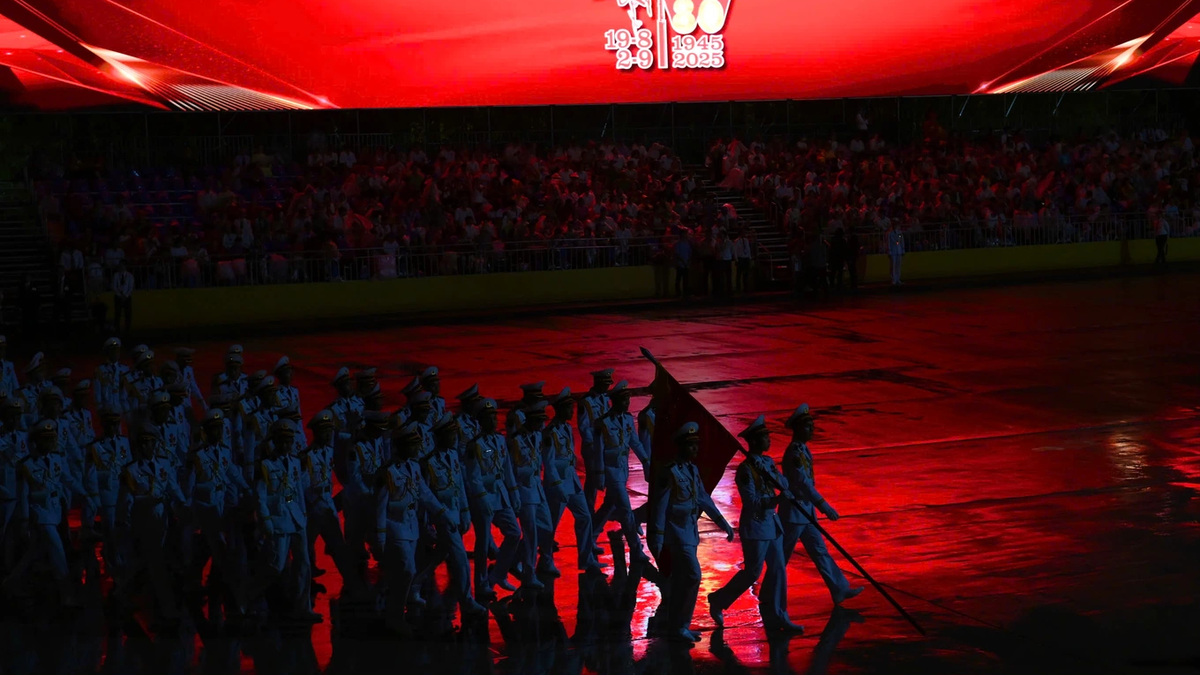
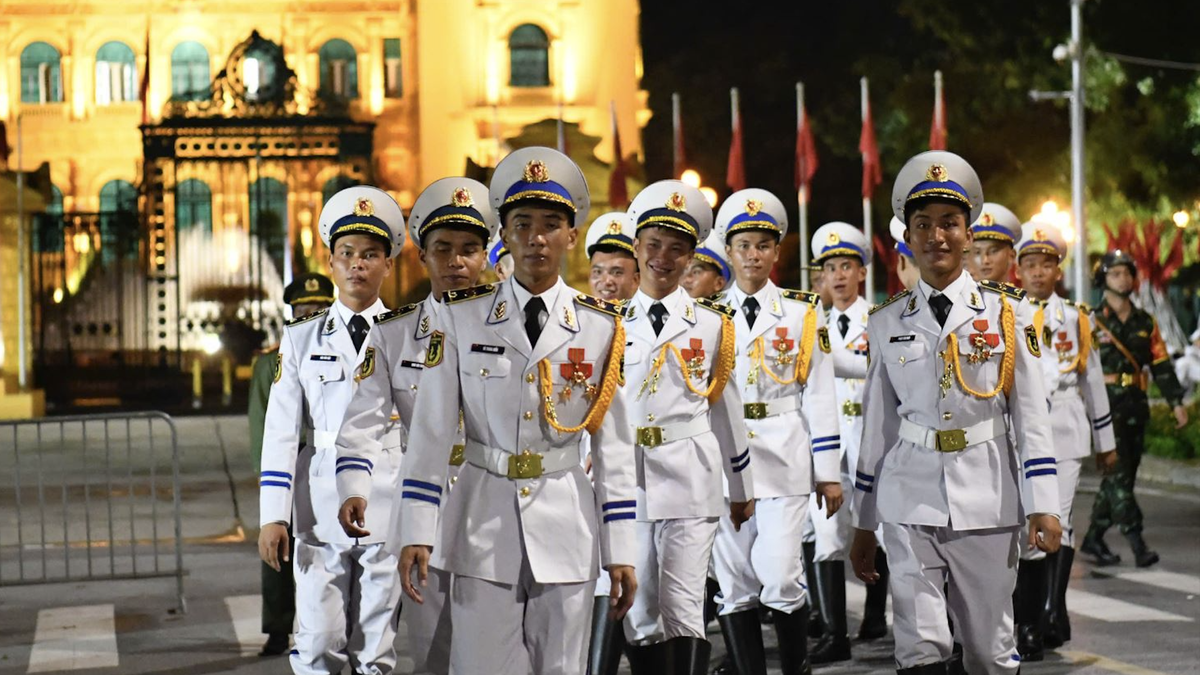
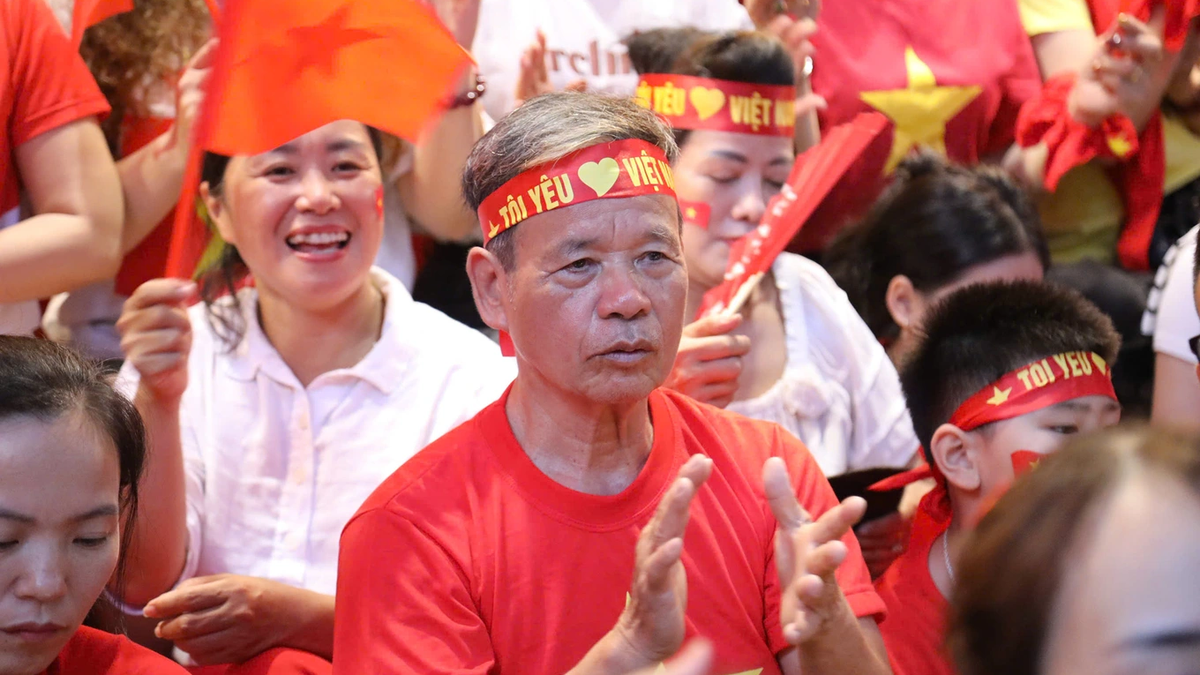

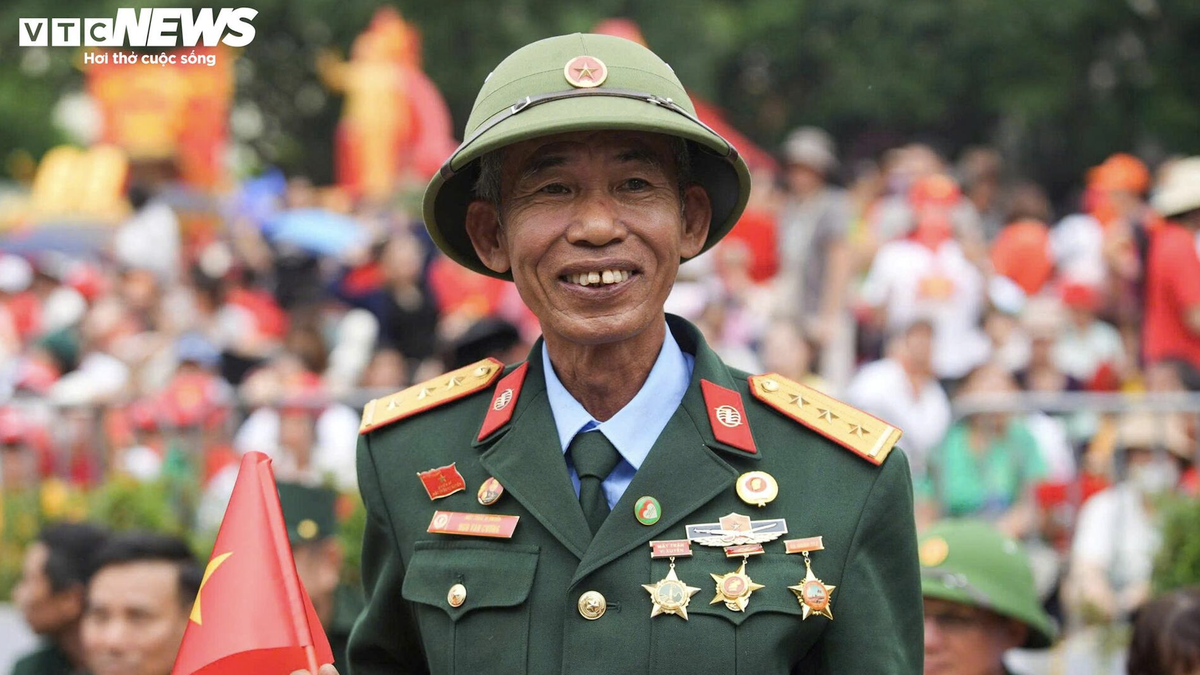














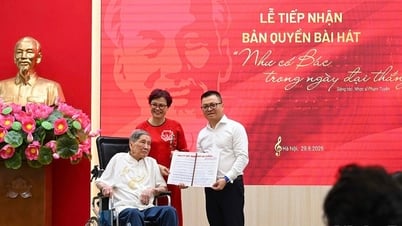





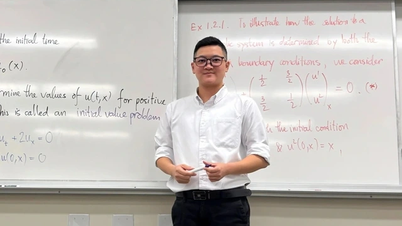
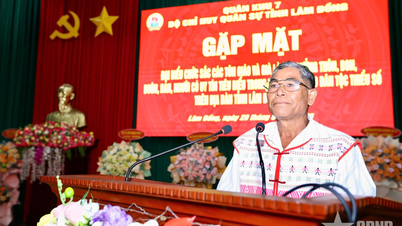





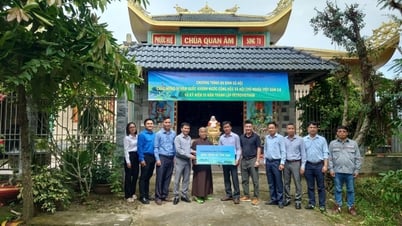


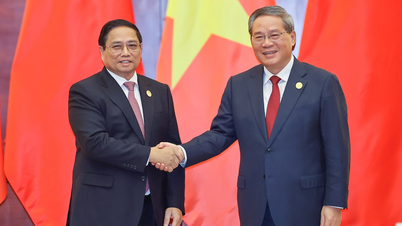



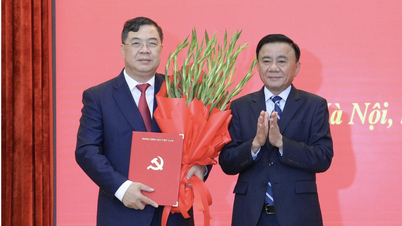
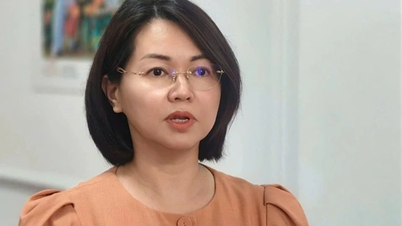



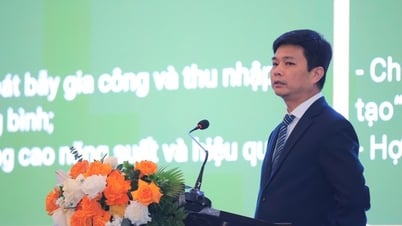









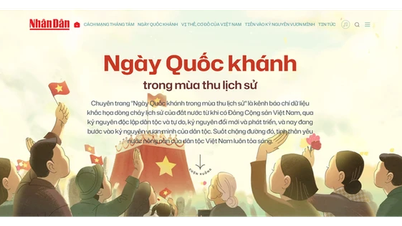











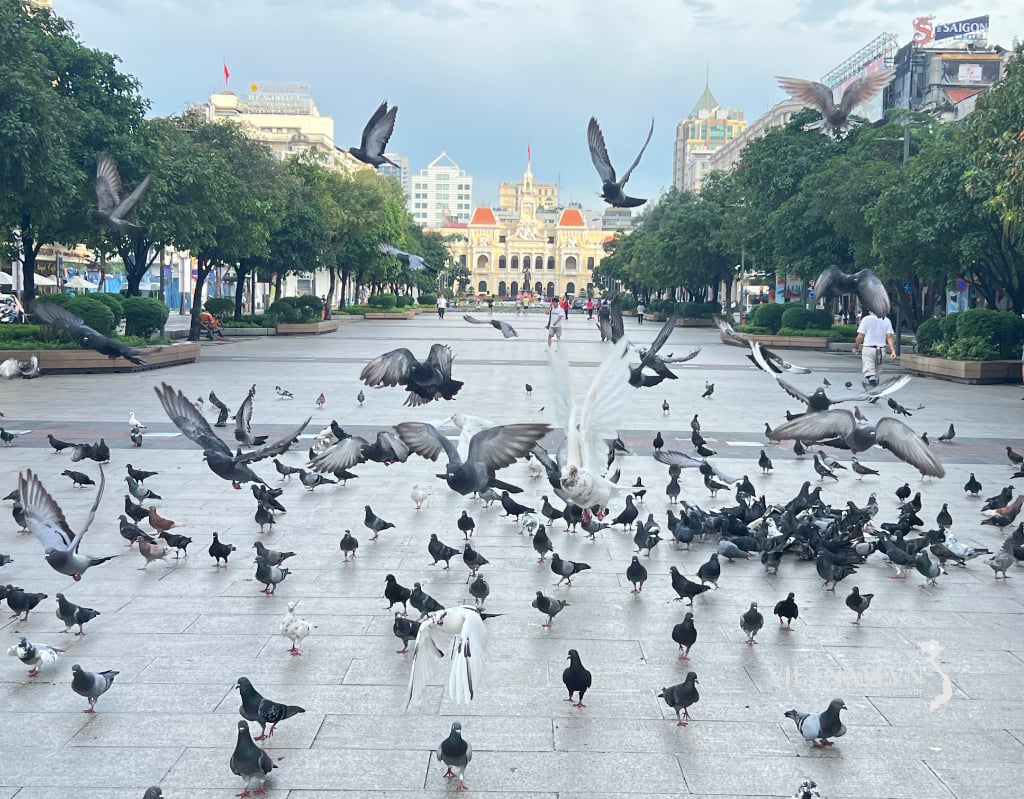



Comment (0)